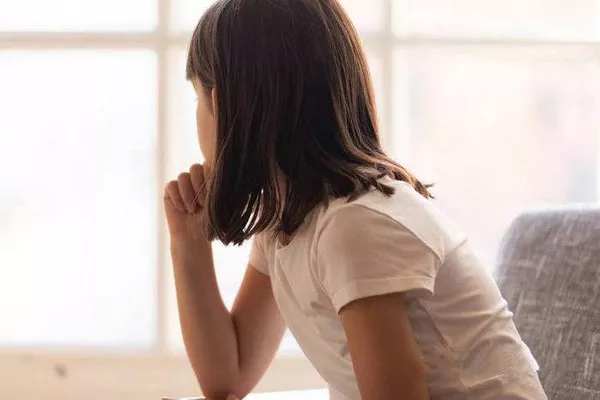The aftermath of the recent Anti-discrimination Student Movement, which culminated in significant violence and casualties, has left many students grappling with severe mental health challenges. Al Razi (a pseudonym), a resident of Mirpur and an active participant in the protests, is among those struggling to regain normalcy. Despite the movement’s recent success, Razi reports persistent sleep disturbances and heightened irritability, prompting him to seek help from the National Institute of Mental Health and Hospital on August 21.
The student-led protests, which spanned July and August, resulted in numerous casualties, with estimates suggesting fatalities may exceed 1,000. Many students who witnessed the violence, including shootings and bombings, are now facing substantial psychological impacts. Some peers are still hospitalized for injuries, while others with less severe injuries continue to struggle with recovery.
Rising Mental Health Concerns
Mental health professionals emphasize the need for vigilance in addressing the mental health of those affected. The National Institute of Mental Health has initiated a program to offer support to individuals impacted by the protests and their families. Since August 21, four individuals have sought mental health services at the institute, including three men aged between 22 and 28 and one 50-year-old man. Common symptoms among these individuals include irritability, sleep disturbances, and heightened fear and restlessness.
Experts highlight that both direct victims and witnesses of violence are at risk of developing acute stress disorder (ASD) and post-traumatic stress disorder (PTSD). Symptoms may include sleep disturbances, nightmares, emotional numbness, and difficulty concentrating. Some may experience depression as a result of losing loved ones or grappling with the traumatic aftermath.
Dr. Mohammad Muntasir Maruf, an associate professor of community and social psychiatry at the National Institute of Mental Health, explained that students might experience guilt for not being able to protect others during the protests. Depression in children may manifest as irritability, and excessive anxiety is also common. The fear and sense of helplessness stemming from perceived injustices or prolonged legal processes could heighten the risk of suicide.
Recommendations for Support
Dr. Maruf underscores the vital role of parents and educators in supporting affected students. He recommends that educational institutions avoid imposing heavy academic pressures immediately after reopening and instead focus on helping students regain their academic focus. Encouraging open expression of thoughts and emotions, providing opportunities for healthy recreation, and ensuring social and legal security are essential.
In cases of mental health issues such as depression, anxiety, or PTSD, seeking help from mental health professionals is crucial. Maintaining a balanced lifestyle, including adequate sleep, a healthy diet, and nurturing relationships, is also important for mental well-being.
PTSD and Long-term Impact
Kamal Uddin Ahmed Chowdhury, a professor in the clinical psychology department at Dhaka University, identifies PTSD as a major concern following intense trauma. Key symptoms include recurrent memories of the traumatic event, severe anxiety, fear, panic, and anger. PTSD can disrupt daily life, impair social relationships, and lead to a loss of interest in studies or work.
Chowdhury stresses the importance of mental health services for individuals affected by the protests, particularly those who lost family members, were injured, or witnessed violence. Ensuring access to mental health support for these individuals is critical to addressing their psychological distress and aiding in their recovery.
As the community works through the aftermath of the protests, the need for comprehensive mental health services and continued support for affected individuals remains paramount.
Related topics:






















